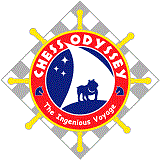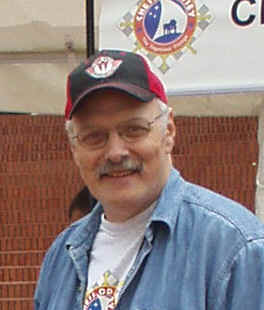Masters-In-Training, a.k.a. MIT
- Warriors (White) – First Steps to Winning Chess
Tuesdays (4:30 – 5:30) - Contenders (Red) – Fundamentals of Winning Chess
Mondays (4:30-5:30) - Masterminds (Blue) – Winning Chess Strategy & Tactics
(Fridays 4:30-6:00)
Masters-In-Training is being relaunched as a multi-faceted program that focuses on skill development as well as fundamental understanding. Club sessions are normally devoted to game analysis and training exercises. The major playing opportunity is the club tournament which runs week-by-week throughout the term. Tournament games are played during the week to allow more time for the game than is available during club meetings. Normally, there’s also time for free play on lichess.com, chess.com, or ChessKid.com at the beginning of the session.
MIT is built around Chess Odyssey’s innovative Dynamic Balance** approach to winning chess. This unified approach has grown organically out of Pete Prochaska’s playing and coaching career. He earned the National Master title in 1987 and the Life Master title in 1993. Over the intervening 30-plus years, Pete has helped thousands of students play better chess, while also deepening their love of the game.
The pandemic has changed many things. However, we continue to maintain our firm focus on encouraging and supporting our students. As always, our twin measures of success are learning and laughter. Happy, excited students who are growing as chess players, and – more importantly – as people, are what we are all about.
We look forward to you and/or your kids joining us on a voyage of discovery through the ingenious and amazing world of chess! If you have questions, run into snags, or if we can help in other ways, please give us a call (503-504-5756) or send us an email (chessmasterpete@gmail.com)
**Chess Odyssey’s innovative Dynamic Balance approach to winning chess is based on two fundamental principles:
- (1) Chess is a dynamic game – the essential property of a position is its changeability. So the commonly made distinction between static and dynamic advantages (or positions) is both inaccurate and confusing. The challenge every player faces is guiding the inevitable transformations of the position in ways that increase his or her winning chances and/or reduce his or her losing chances.
- (2) Chess is a unified game – strategy and tactics are not separate elements, but rather two sides of the same coin. The purpose of chess strategy is to prepare (or prevent) decisive action – which is almost always tactical in nature. The holistic nature of the game means it is best studied in an integrated way.
For more information, contact Coach Pete at 503-504-5756.

